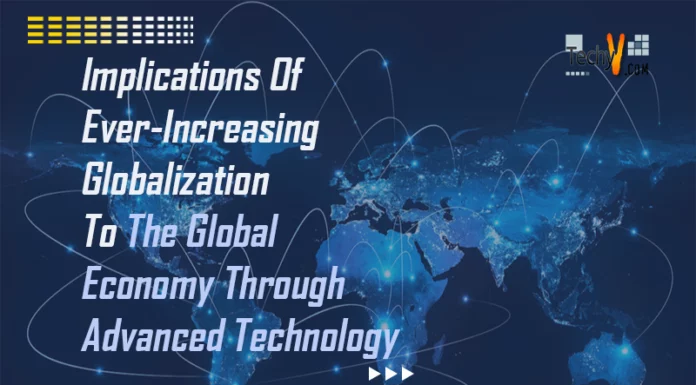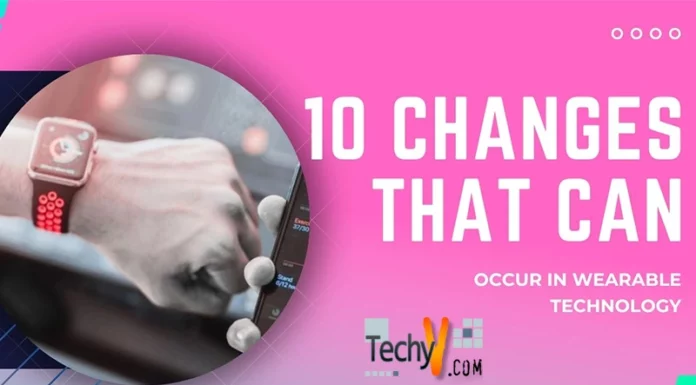Artificial Intelligence (AI) has brought us closer to the idea of making daily life as simple as possible. Our lives and work are actually being transformed by artificial intelligence. Here are 10 of the best examples of how Artificial Intelligence is already being used in daily life.
1. Personal Assistants/ Digital Voice Assistants
To make life easier, personal assistants equipped with artificial intelligence, such as Siri, Google Assistant, and Amazon Alexa, are being integrated into smartphones, smart speakers, and other devices. They can also send messages, play music, control smart home devices, and set reminders. They can also answer basic questions and provide quick information, such as weather forecasts, stock prices, and sports scores. Plus, they can even control your car.
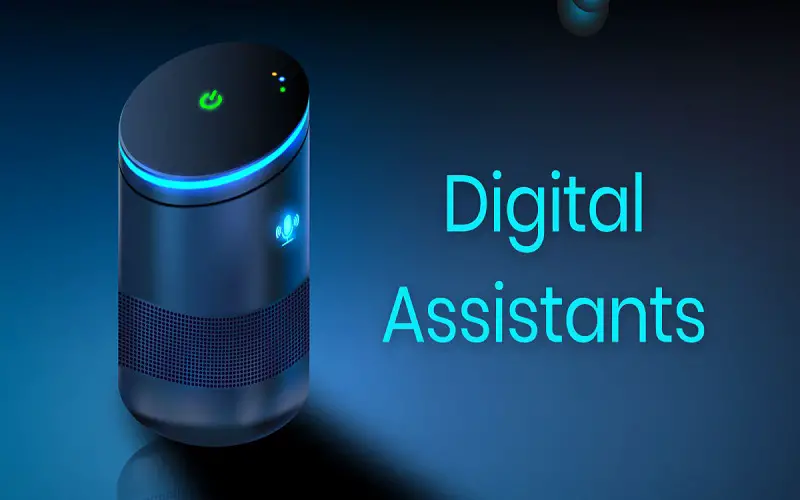
2. Social Media
First thing in the morning, we check our social media accounts for updates. The latest happenings in the world and in our friend’s lives dominate social media and we can only have this tailored experience thanks to AI in social media platforms. A good example is the friend suggestions we receive on Facebook, Instagram, Twitter, and other platforms.

3. Customer Service
The use of virtual assistants and AI-powered chatbots is on the rise among companies that provide 24/7 customer service. To understand customer’s questions and provide relevant answers, these chatbots use natural language processing. Amazon, for example, uses AI-powered chatbots for customer support. These chatbots can handle order tracking and return processing.

4. Smart Homes
Artificial intelligence is improving comfort and convenience in our homes. With one click, we can turn on the lights, adjust the temperature of the air conditioner and activate the robot vacuum cleaner to clean our floors automatically. Moreover, these devices can be controlled remotely via smartphones or voice commands.

5. E-commerce
Have you ever noticed that we often get product recommendations from e-commerce sites like Amazon or Flipkart? Again, AI algorithms work with customers’ search queries, browsing history and other information. The result is an increase in sales as well as an increase in customer satisfaction.

6. Safety And Security
Both home and rural security fall under the category of security and security and we can use AI to improve both. AI-powered cameras can now detect suspicious activity, such as people loitering in an area or cars driving erratically. With the help of AI, it’s easier to recognize faces and license plates on poor-quality CCTV footage. In homes, Google Home can integrate with most systems. In social media, AI is used to watch for signs of radicalization and terrorist activity.
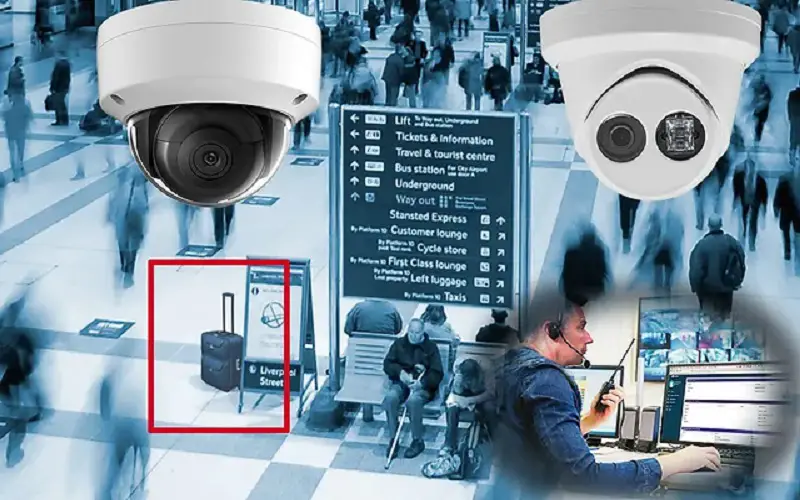
7. Banking
Artificial Intelligence is on the rise in the financial sector. The use of AI in online banking simplifies the process and makes it more user-friendly. Chatbots powered by artificial intelligence are available 24/7 and capable of handling large volumes of queries simultaneously, resulting in a very high efficiency level. Detecting fraud, suspicious activity, unusual spending patterns, or withdrawals from strange locations – all this is only possible thanks to AI.

8. Spam Filter
Next, we have spam filters. In everyday life, AI can also be found in spam filters that detect and block unwanted emails. Over the years, spam filters have evolved to detect and block malicious messages. Phishing attacks have also been detected and secured using AI algorithms. Many email providers have implemented spam filtering, which has proven to be very effective in reducing junk mail. Artificial intelligence is a powerful tool for protecting users from online threats. Gmail, for example, uses machine learning and human intelligence to detect spam. In addition to the sender, content and links contained in the email, artificial intelligence also analyses specific features of an email.

9. Personal Health
With the help of AI, all healthcare institutions and hospitals can analyze large volumes of clinical documents and facilitate medical consultations based on personal medical history. AI is used to support clinical decisions and detect adverse events, risks, etc. Medical imaging, drug discovery and patient monitoring are some of the applications of artificial intelligence in healthcare. AI algorithms can analyze medical images, detect abnormalities and help with diagnosis.
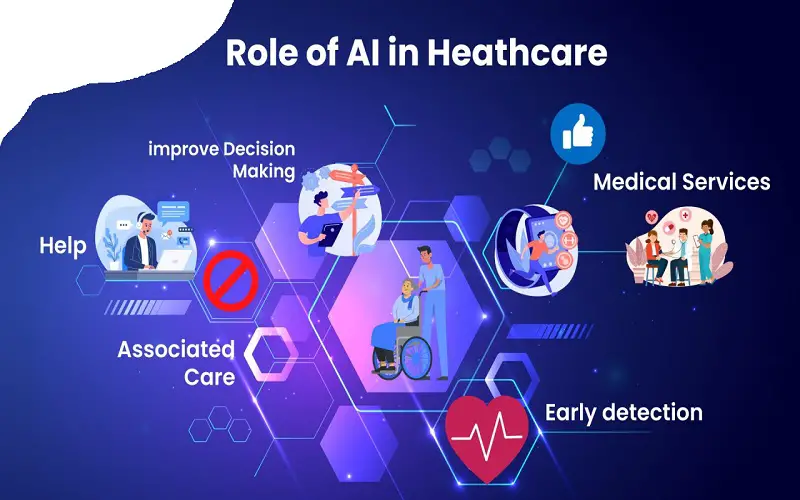
10. Netflix
To unwind, most of us turn to streaming services like Netflix. By analyzing your viewing habits (including genres, actors, periods and more), the company’s recommendation engine suggests movies. Our viewing habits are primarily determined by Netflix’s recommendations, with AI recognizing the pattern based on ratings and viewing behavior. For this reason, the use of AI is not limited to a specific field but is made available to everyone. AI has also made our lives easier by giving us accurate predictions and forecasts. AI-based applications also help us make better-informed decisions. AI is revolutionizing the way humans interact with the world.







